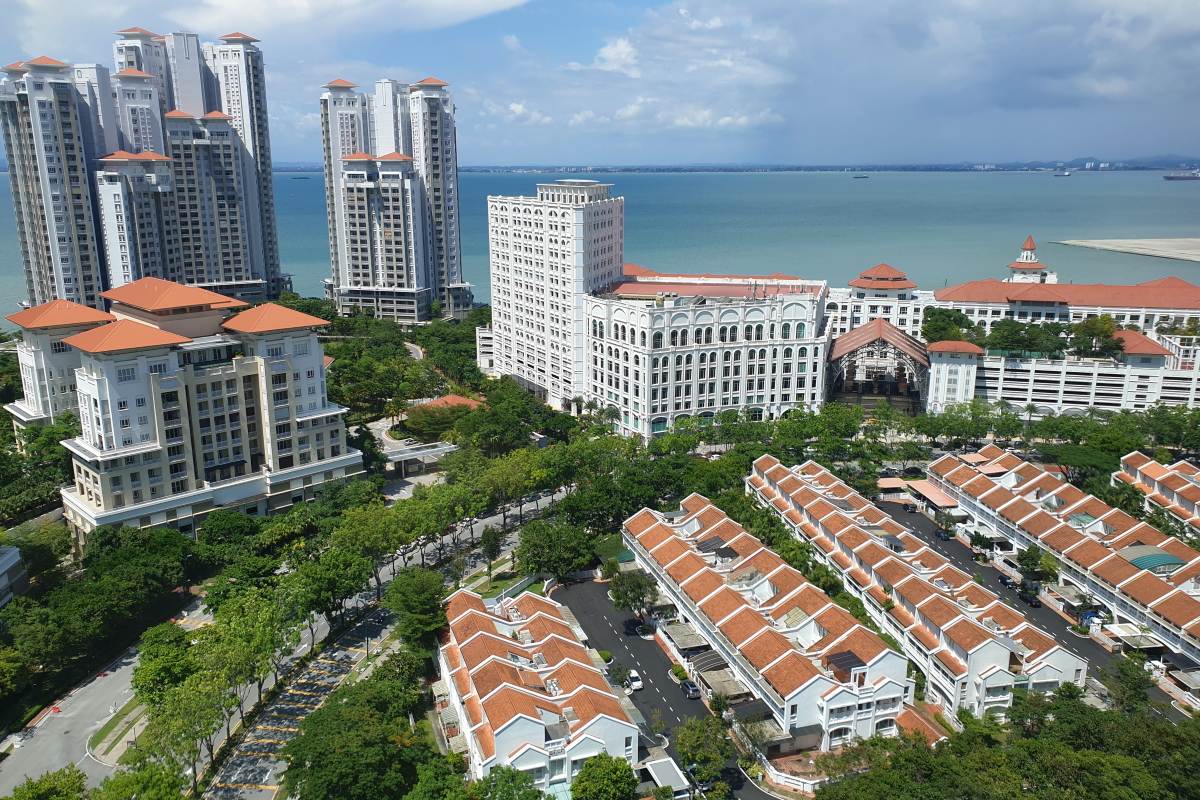A recent whitepaper published by the International Monetary Fund (IMF) says Asia housing markets are set for a steep fall in prices. With the rising inflation and consequent rate hikes by the central banks, housing is becoming less affordable for average buyers and the prospect of a mortgage rate increase is worrying homeowners.
The withdrawal of monetary stimulus in the face of high inflation has a significant impact on housing prices in many advanced economies and major emerging market economies across Asia-Pacific, mentions the IMF in its report.
Asia housing downturn in sight?
Tighter financial conditions are significantly raising borrowing costs, and as a result, housing demand has begun to cool, with market corrections already underway in some economies. According to the IMF study, the Asia housing market’s boom and bust cycles have had “marked impacts on the broader economy.”
The global organization adds that households, particularly in the rich countries of the region, must stretch their budgets to afford adequate housing, with an increasing proportion of them becoming overburdened by the cost. Adequate housing is also less affordable in many emerging markets and developing economies due to high housing prices, which reflect supply failure to keep up with rapidly growing populations. Poorer households in these countries suffer disproportionately.
Krishna Srinivasan, director of the IMF’s Asia-Pacific department, during the discussion of the report said, “The current phase looks like another turning point for many countries, with the post-pandemic house price surge now increasingly at risk of reversing in the context of slowing growth and rising interest rates.”
Low mortgage rates, combined with country-specific demand and supply factors, aided price increases during the pandemic, particularly in the region’s advanced economies. This resulted in significant price misalignment and a significant increase in future downside risks to housing prices, ranging from 5% to 20% in some countries. Rising interest rates will aggravate downside risks in the future.
According to the IMF, inflation-adjusted housing prices in South Korea rose by around 20% in 2021. Japan and Singapore saw increases of around 10%, while China and Thailand saw increases of around 5% over the same period before prices showed signs of slowing in parts of Asia in 2022.
“While the financial sectors of major AEs (advanced economies) and emerging market economies appear sound and would be expected to remain resilient under such shocks, close supervision is warranted for early identification of any pockets of risk,” warns the IMF.
The other side
Improving housing affordability necessitates a multifaceted policy strategy, implores the IMF. In many Asian countries, facilitating a stronger supply response will be critical in addressing underlying imbalances. This includes reviewing land use regulations, emphasising urban planning, incentivising the use of idle land, and providing adequate social and affordable housing, both directly and indirectly through incentives for private developers.
Can renting solve affordability issues?
Homeownership rates have been declining because of the drop in affordability. In Australia, the homeownership rate for people aged 35 to 44 fell from nearly 70% in the early 2000s to 59% in 2021. In Japan, the rate of ownership is even lower, with less than half of Tokyo households owning a home.
Higher house-price-to-income ratios require more years of saving before people can buy their first home. This “forced” delay in purchasing translates into increased demand for renting, as evidenced by the significant increase in housing rental expenditures.
China and Australia expect a steady increase in private renters over the next decade, with housing rental expenditures in major cities such as Beijing, Shanghai, Sydney, and Melbourne expected to double. Other regional gateway cities, such as Hong Kong, Seoul, and Singapore, anticipate strong growth in rental demand.








 Australia
Australia China
China India
India Indonesia
Indonesia Japan
Japan Malaysia
Malaysia Philippines
Philippines Singapore
Singapore South Korea
South Korea Taiwan
Taiwan Thailand
Thailand Vietnam
Vietnam
 Germany
Germany Hong Kong
Hong Kong USA
USA Switzerland
Switzerland Singapore
Singapore
 United Kingdom
United Kingdom Other / International
Other / International







